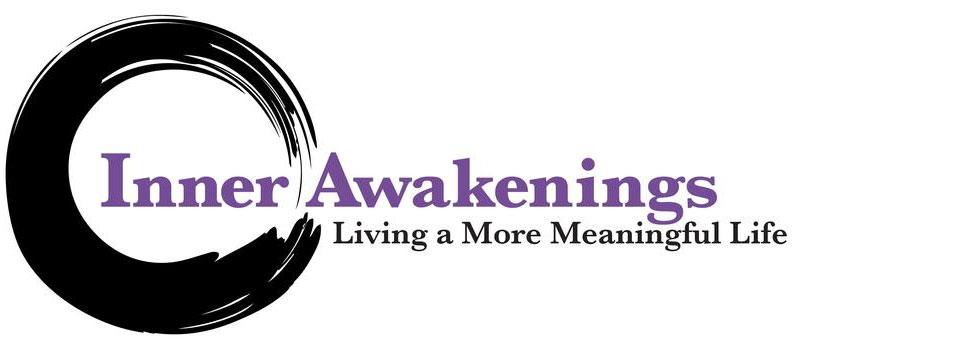Piercing the Seduction of Your Goals
By JP Sears, Holistic Coach
What if you found out that your health goal was unconsciously established for the purpose of failing at it? While this agenda would carry a radical lack of logic, analogous perhaps to drinking in order to find sobriety, could it point to why 95% of all health and fitness goals never come to fruition?
When we attach to a goal, be it losing weight, gaining more muscle, or anything else that has health nobility, most of us never consider that in-spite of our attachment to it a hidden part of our self may be radically opposed and defiant to the goal. Would your frustration exponentially increase if you learned the defiant part of your self was a closet failure addict? Maybe similar to how all human bodies produce toxins that they will later have to detoxify, can you entertain that we all perhaps have in inner failure addict? Would you be interested in working with your goals beyond the defiant closet failure addict’s domain of control?
Seduction
A closet failure addict’s job is to bask in the experience of failing while remaining cloaked with invisibility. Seduction becomes the hand that rocks the cradle while never being seen. For the parts of you that feel ambitious toward your goal, do you understand that their desire, willingness, and commitment become impossibly handicapped once they fall under the seductive spell of the failure addict within?
Seduction = Attaining what is desired without the desire being exposed or recognized.
If failure is the deeper desire, then does the spell of seduction motivate us to set our goals simply so we have something to fall short of to feed the vein of our addiction? Why would the failure addict within be hidden from our conscious mind? Is it perhaps the same reason why weeds growing in your garden have their root systems deep in the soil below the surface?
Why Failure Addiction?
At this point, do you feel defiant to the idea that you may have a part of you that is defiant to your goals in the name of feeding an elusive addiction to failure? If so, it’s normal and actually a healthy experience to feel defiant to your defiant nature. “But,” the defiantly defiant inner part declares, “there is no good reason why I’d be addicted to failure. It wouldn’t do anything beneficial for me, all it would do is hurt me!” And thus we have the anatomy of every addiction explained, yet the destructive energy addictions isn’t enough to rationalize away their existence.
However, gazing beyond the reasonless perspective of a destructive addiction, maybe we can solidly connect with why the addiction is there if we’re willing to entertain the notion that everything we think we think isn’t all that we think…In other words can we soften our minds to embrace new discoveries about our self, even though it means we have to feel a loss of the rigid control we’ve maintained about our sense of self?
Common examples of the destructive benefits of failure addiction include:
· Connecting to emotional terrain that feels familiar; shame, anger, frustration, fear, and sadness
· Sympathy from others is found
· Helps evade the risk of becoming an “outsider” to those you know if you were to change
· The burden of continuing to meet expectations for maintaining success and achieving further success is avoided
· Punishment from others becomes a source of attention
Bringing Goal Actualization to Life
If you’re working with a trainer or health coach, then you likely don’t need to ask, “What do I need to do to achieve my goal?” The expert you’ve hired is already there to spread the wealth of their knowledge bank on what needs to be executed. So instead perhaps your energy is better invested by asking, “What do I need to do to avoid blocking myself from achieving my goal?”
If we pierce a balloon, it looses the structure and helium that keeps it afloat. Could it be that seeing our seductive inner addict and its benefits is primary for deflating its power? We can consider that perhaps when a seduction is recognized and understood inside and out, it is no longer a seduction and therefore loses its power and control.
For the purpose of having consciousness over your inner failure addict, rather than it having control over you, you’re invited to embrace the following introspective inquiries with respect to any health goal you have:
· Why does part of you want this goal?
· Why might part of you try and sabotage this goal?
· Why might part of you feel undeserving about this goal?
· How will achieving this goal help the bigger picture of your life?
· How can you recognize if your failure addict is using again?
Conclusion
Approaching our goals with only a traditional mindset may burden us with traditional results, which are unfortunately a very statistically relevant lack of results. Inviting ourselves to soften into a humble place of considering the existence of a hidden failure addict creates new momentum toward our goals. Further, piercing through the seductive nature of our inner addict while considering its hidden agenda allows our momentum to expand into a self-perpetuating allowing about our goals. Lastly, are you willing to consider how it would feel to have your goals set less for the purpose of leveraging failure and more for the purpose of actualizing them to bring new growth, creation, and expanded enjoyment into your life?
About the Author
JP Sears is a Holistic Health Coach in San Diego, CA. His one-on-one client practice specializes in holistic emotional healing and resolving self-sabotage issues. JP regularly facilitates classes and workshops nationally and internationally on a variety of healing and health topics while being widely acclaimed for his heartfelt and dynamic style. For more information on upcoming classes, tele-classes, or becoming a client, please visit InnerAwakeningsOnline.com